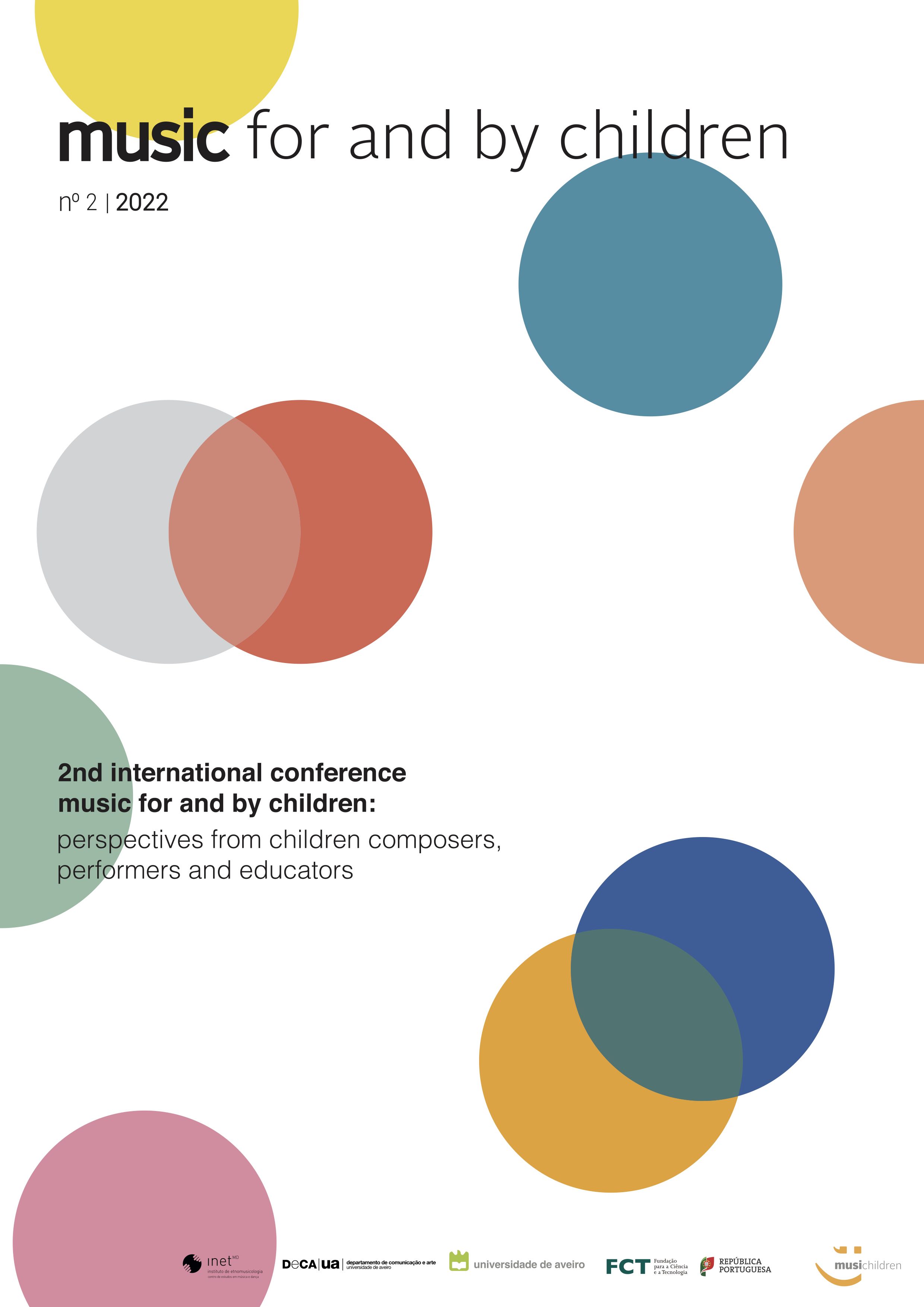Children’s Play? Benjamin Britten’s Noye’s Fludde and the Adventure of Composing Excellent (Classical) Music for Children
Abstract
Children’s Play? Benjamin Britten’s Noye’s Fludde and the Adventure of Composing Excellent (Classical) Music for Children
Theoretical Context
The paper we will present expands on parts of a master thesis on the music pedagogy of Benjamin Britten. Point of departure of this thesis was Britten’s remarkable sensitivity, as an established classical musician, to the educational urgency of a number of ambiguities shaping the public role of (classical) music in contemporary society. While remaining critical of its shortcomings, the ultimate endeavour has been to develop a post-critical perspective on his work, and thus to reclaim Britten’s most valuable insights into the said ambiguities—including those implicit in some of his musical projects for/with children (e.g., the opera Noye’s Fludde).
Aims
The paper’s overarching aim is to show how a post-critical pedagogy might help established and/or purportedly hegemonic musical traditions to reassess their own past in terms that affirm undeveloped, ‘minor’ potentialities, rather than criticize major deficiencies. More specifically, we propose to do so for the case of Britten’s children’s opera Noye’s Fludde, in whose genesis we discern a pedagogy that tries to couple a ‘classical’ conception of musical excellence to a contemporary ideal of democratic accessibility and plurality.
Methodology
Our research has been mainly conceptual-discursive in nature. On the one hand it is based on the study of scientific literature: both on the current state of affairs in music-educational theory (particularly with regard to classical music), on post-critical pedagogy, and on Benjamin Britten, his music(-education)al ideas and compositions for children. On the other hand, for the case of Noye’s Fludde, we have also studied non-textual materials, such as scores, (video) recordings, and documentaries.
Findings
The paper’s main finding has been that some of Benjamin Britten’s views on the significance and possibilities of composing for/with children are very much worthwhile to be reclaimed (in a post-critical vein) for contemporary practices of (classical) music education. Especially Britten’s keen sense of certain ambiguities endemic, not to say fundamental, to any concrete practice of public music education, seem highly valuable—and perhaps more than ever—in trying to answer particular challenges which the field is facing today.
Final considerations
Although we agree that the opposite might sometimes seem true, it is absolutely not our purpose to hold a normative plea for the use of Western classical music (let alone Britten’s) in music education. What we do plead for, is a more nuanced and careful appreciation of this tradition (along with others), in view of its irreducible potentiality to inspire us with surprisingly contemporary and practical pedagogical answers.
References
Hodgson, N., Vlieghe, J., & Zamojski, P. (2017). Manifesto for a Post-Critical Pedagogy. Goleta (Cal.): Punctum.
Jorgensen, E. (2020). To Love or Not to Love (Western Classical Music): That is the Question (for Music Educators). Philosophy of Music Education Review, 28(2), 128-144. DOI: 10.2979/philmusieducrevi.28.2.02.
Kildea, P. (Ed.) (2003). Britten on Music. Oxford: Oxford University Press.
Nannestad, J. H. (2014). Benjamin Britten’s Noye’s Fludde : an Analysis and Re-Positioning for Contemporary Use (doctoral dissertation). Boston University. https://hdl.handle.net/2144/11157.
Copyright (c) 2023 Music for and by children

This work is licensed under a Creative Commons Attribution 4.0 International License.





